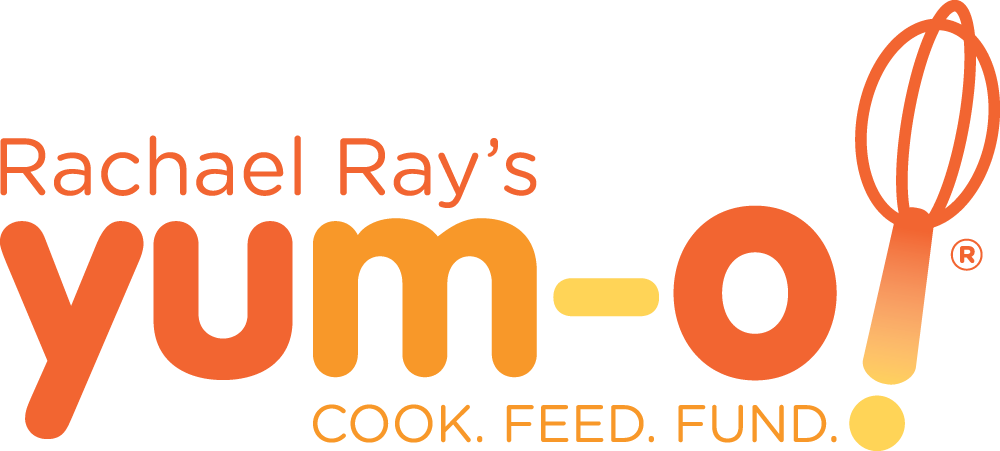Urban Renewal
Mel Carter has called Rhode Island home since he was stationed at a Navy base there in the late 1960s after his tour in the Vietnam War. Not long afterwards, he purchased a house in South Providence. Then, in the early ’70s, the neighborhood took a turn for the worse. “Houses became rundown and some landlords were accused of burning down houses just to get the insurance money,” says Mel. In fact, a row of houses right behind his own home was burned to the ground. The weedy and litter-strewn vacant lots became a magnet for crime and drug deals.
Mel decided he had to take matters into his own hands. As president of the Neighborhood Property Owner’s Association, he organized his neighbors to begin cleaning up the vacant lots and start planting gardens. “When we first started cleaning up the lots, they would soon become dumps again and the plants would be vandalized,” says Mel. But he didn’t give up. The big break finally came in 1981, when the Southside Community Land Trust was formed. This organization’s purpose was to promote community development and food security in Providence. The land trust stepped in and bought many of the vacant lots. “This insured that all the lots could be revitalized at once,” says Mel. “We finally could develop a master plan and design for this area,” he says.
The first order of business was to clean up the soil. Much of it was contaminated with lead paint from the old houses, which had been built in the 1900s. Mel worked with the EPA, the city government and Rhode Island Department of Health to remove the contaminated soil and bring in fresh topsoil. Besides planting trees and shrubs for beautification, community gardens were established. These gardens now feed more than 200 people each summer. “We estimate that a family can save more than $250 each summer by growing their own food,” he says. The gardens have also become a meeting place, where residents can gather, socialize and work on various community projects.
Mel’s neighborhood consists of many ethnic groups, including African-Americans, Hispanics, Vietnamese, Lao and Hmong. Once people began gardening together, they started to form personal bonds and cultivate pride in their community. The result has been a reduction in the crime rate and an improvement in the appearance of the neighborhood. Mel has even learned some gardening tips from his neighbors. The son of a Louisiana sharecropper, he picked up his gardening skills at a young age. But every gardener knows there’s always more to learn. “The Hmong gardeners grow greens I considered a weed in Louisiana. They shared some recipes with me and now I love eating those weeds,” says Mel.
In 1986, Mel and the Southside Community Land Trust took another big step forward by securing more vacant land. Part of the block behind his house had been designated as the site for a new community school, but the years passed and the school never materialized. Mel and the land trust approached the city about purchasing the land. With lots of help from the City of Providence, the Rhode Island Department of Health, local schools, colleges, churches and community organizations, the block has now been completely transformed into a recreation area, complete with ball fields and picnic areas.
As a member of the Southside Community Land Trust, Mel has helped secure other Providence properties as well. Presently the land trust has 12 community garden sites throughout the city. These sites include some unique properties, such as the City Farm, a ¾-acre testing and education garden with classes for kids and adults.
In 2002, the Rhode Island Environmental Management Agency leased the land trust an old 50-acre farm on the outskirts of Providence, now known as the Urban Edge Farm. The land trust has in turn rented the land, at a reduced rate, to low-income farmers. The food they produce on the farm is sold at farmers’ markets in the inner city, where to people rarely have access to fresh, healthy food. “Most houses in Lower South Providence are on small lots with little space to garden,” says Mel. Even with community gardens, many people don’t have access to healthy, fresh produce. “The Urban Edge Farm gives those people the opportunity to buy fresh vegetables each summer,” he says.
At 71 years young, Mel is still going strong. Recently, he helped install a children’s garden where 120 kids participate each summer. He’s also been involved in tree plantings and clean up work in other areas of South Providence. “This is my joy,” says Mel. “I love helping families preserve their land and, in the process, making Providence a better place to live,” he says.
Visit Gardener’s Supply Company’s website to learn more about their Garden Crusader Award program and read inspirational stories from Garden Crusaders around the country.

